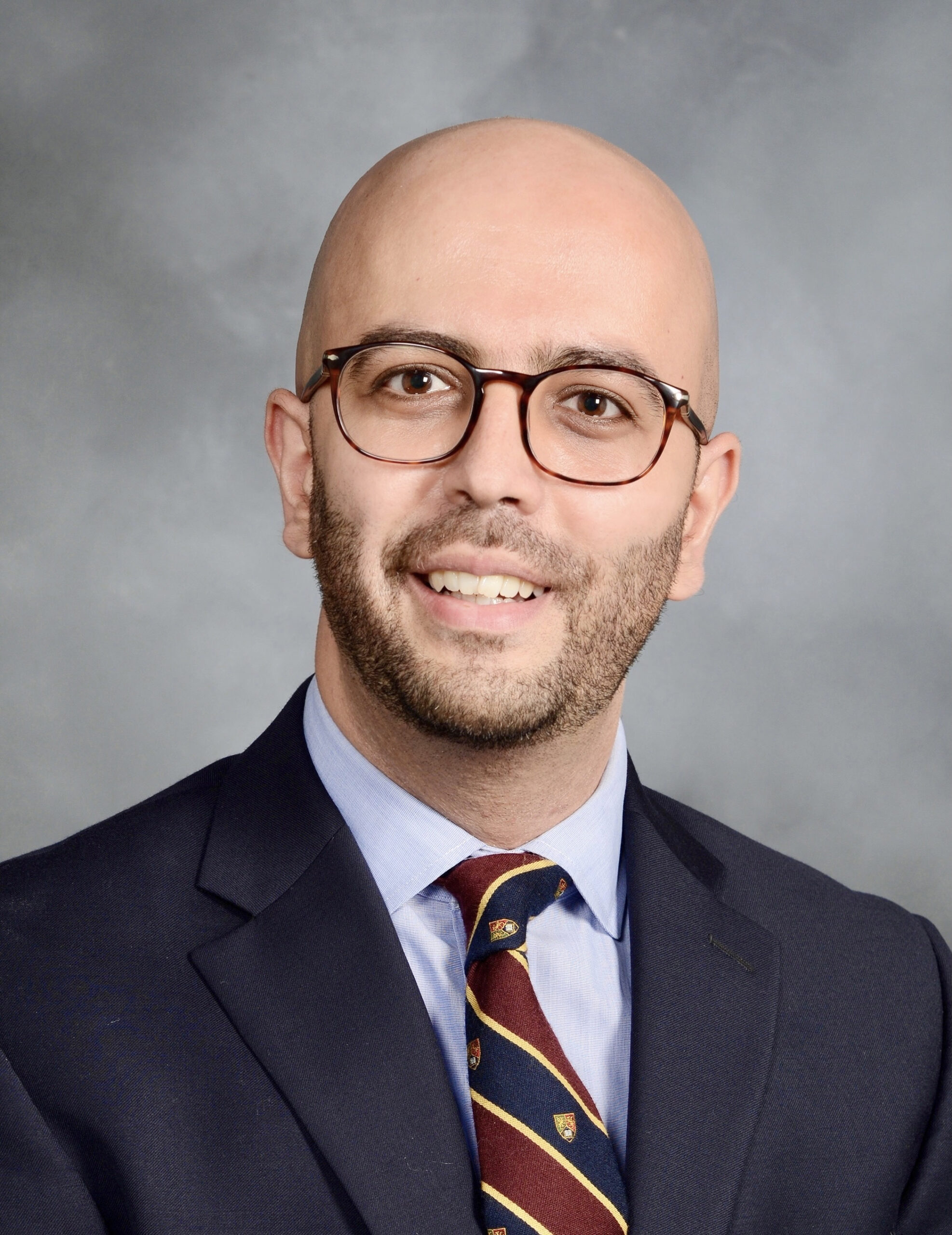
Identifying Mechanisms of Response and Resistance to BCMA CAR-T Therapy in Multiple Myeloma and Extramedullary Disease
Funding Cycle:
2024-2025Name:
Mark BustorosType of Award:
Translational Research AwardHome Institution:
Weill Cornell Medicine/Meyer Cancer CenterDescription
Chimeric antigen receptor (CAR)-T cell therapy has emerged as an effective therapeutic approach in multiple myeloma (MM), where two B cell maturation antigen (BCMA)-targeting CAR-T products, ciltacabtagene autoleucel (cilta-cel) and idecabtagene vicleucel (ide-cel), are currently approved in the relapsed/refractory MM (RRMM) setting. The outstanding outcomes manifested in overall response rates (ORR) above 70% in heavily pre-treated patients and responders often displaying a prolonged progression-free survival (PFS). However, the duration of response (DoR) can be highly variable among RRMM patients following CAR-T cell therapy, and there is a need to better understand factors that portend better outcomes.
We have shown in a multi center study of 156 patients that those with higher maximum ALC (ALCmax) in the first 15 days post infusion had better depth of response to treatment and progression-free survival (PFS), and that ALCmax is an independent predictor of better outcomes in patients after accounting for all the relevant factors. We have also shown that ALCmax was positively correlated with CAR-T expansion post infusion, which suggest that patients’ own T-cell phenotypes could determine the success of the engineered CAR-T product to expand in vivo and effectively target the tumor cells. Moreover, we have shown that non-paraskeletal extramedullary disease (NP-EMD) is the only other independent prognostic factor for PFS post CAR-T therapy. However, the underlying biological causes still need to be elucidated.
Our overarching goal in this project is to identify the T cell phenotypes and other immune cell phenotypes associated with higher ALC and response to BCMA CAR-T therapy and delineate the tumor intrinsic and microenvironment differences that contribute to the poor response and worse outcomes of CAR-T therapy in patients with EMD using new and multimodal genomic and imaging technologies.

